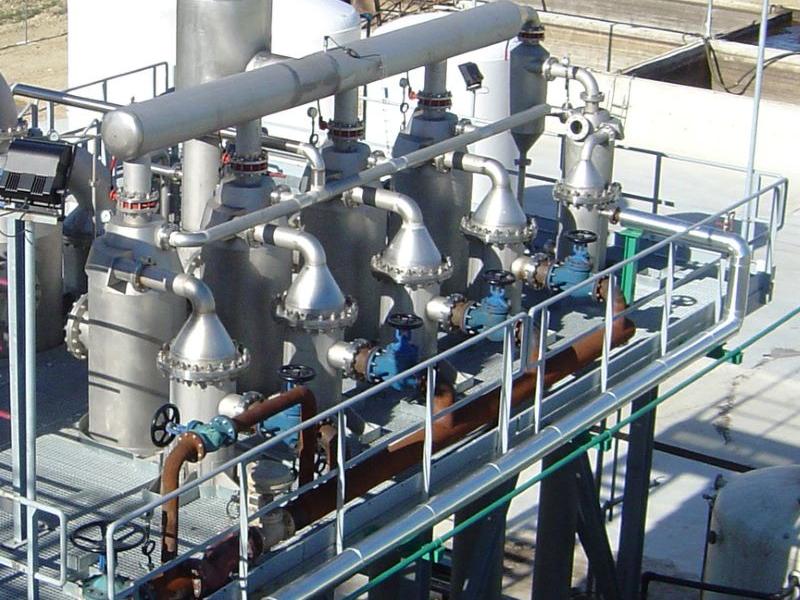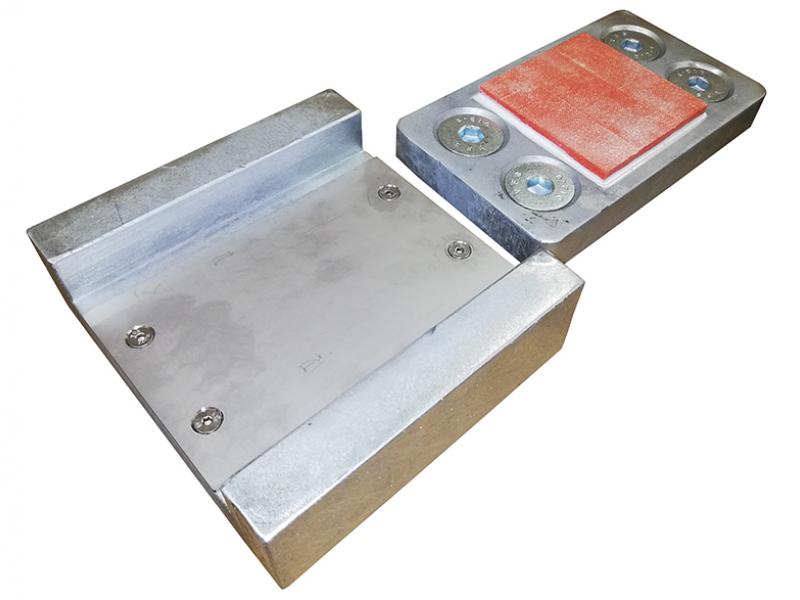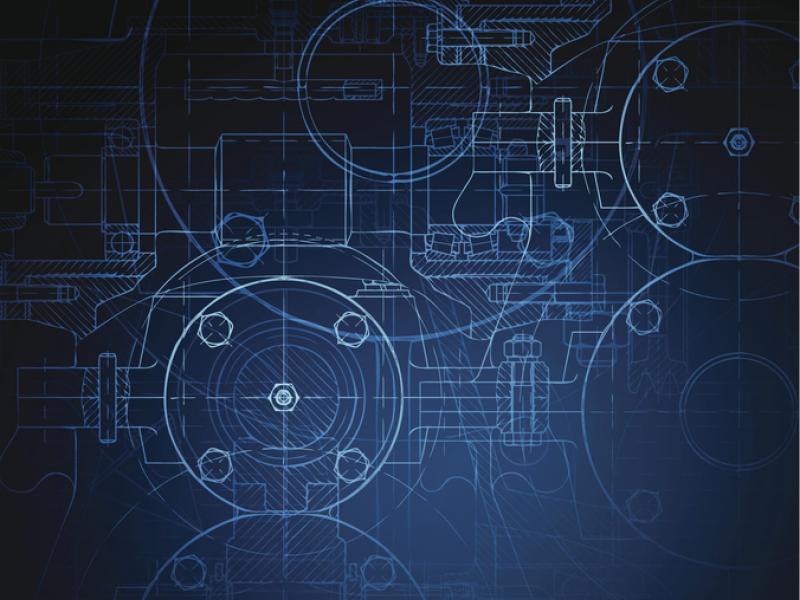Realising that keeping all its production machinery in tip top condition would help the bottom line, Timpack Industries put its senior managers on a course to help them understand the basics of pneumatic and hydraulic machinery.
The firm has been in business since 1984 and operates from seven locations across the country, and serves the timber-based packaging industry.
Its first products were wooden pallets, but today it has expanded to supply cable reels, crates, and boxes to the country’s dairy, horticulture, meat and manufacturing industries.
It employs around 180 people and while its head office is in Hamilton, it operates facilities in Auckland, Hamilton, Mount Maunganui, New Plymouth, Nelson, and Dunedin.
The company relies on a wide range of pneumatic and hydraulic equipment to produce its products.
The firm’s Jason Tongia, JOB TITLE, says he wanted to train the company’s managers to understand the ins and outs of the manufacturing equipment it used, figuring the more they understood, the better it will be looked after.
Jason says: “Sometimes we forget …we think all the action happens on the shop floor – and the big focus is on the shop floor staff. But as I discovered by doing performance reviews with senior staff, there was a gap around the understanding of some of our plant and kit by some of our managers.
“They did not understand some of the basic principles around our hydraulic pumps and pneumatic equipment. The managers understand what each machine does, and what they need to work.
“However, to realise if a system is working well or not, you really need to understand the key intricacies around the process of each of those pieces of kit.
“And it turned out that not too many of them could tell me if all the machines were operating at peak performance. Few had a clear decisive answer, and it was almost a case of them saying ‘no one’s complaining, so the machines must be okay’.
“And then at some point we discover a given machine is not working so well and we have to call in an expert in hydraulics to repair it. We were operating a reactive maintenance system, not a proactive one.”
Jason says that during the past three years the firm had a hefty capital expenditure programme, and it was discovered (during the procurement procedure) that when managers needed to identify the right type of equipment, to establish what size compressor was need for example, that it “highlighted a few questions”.
Like many firms, some of the senior managers at Timpack Industries do not have institutional knowledge of the gear used to make the products they market and sell. Jason decided to take his managers back to school.
In all, 10 members of staff spent two days at Manukau Institute of Technology (MIT) learning the basic principles of hydraulics and pneumatics from Larry Wiechern, senior lecturer at institute’s Maintenance and Reliability Centre. Further courses are planned to cover the basic principles of PLC and programming.
“Those are probably the three areas where my managers get exposed the most,” says Jason. “They are over the moon with the training, saying they have never been exposed to this level of detail. It has certainly opened their eyes to the point where they have all gone out and done shop floor audits of our equipment now.
“They are now able to walk around the shop floor with people such as hydraulic maintenance engineers and understand what’s being said, and point out any issues that need addressing. These managers now know what to look out for, such as the correct running temperature of machinery, how clean the oil is, to check the sight glass, and to even get a sample of the oil to check it is okay.
“One manager didn’t realise he actually had 15 hydraulic pumps in operation. But once he started looking properly he realised some were running with the wrong filters, others had no filters at all…so a whole range of things are coming out of this that I think will be a good long-term benefit to the company’s overall output.
“We are thinking results, machine output targets. This focus will increase the longevity of the gear, improve efficiency, and just help us benchmark the business – we can say ‘this is where we are’ and ‘here’s where we want to be’.
With staff only having just completed their training, Jason says it is too early to tell the level of payback for the firm.
“It will take time because it will take around six months to get to a point where the gear will should all be running as it should be,” he says. “Initially there will be more expense as everything is brought up to spec, but after that we expect greater efficiencies and lower downtime.
“But I already have a good feeling that we are starting to get payback from the managers.”
The company’s new focus on having staff understand what’s being used on the shop floor means new staff joining Timpack Industries will undergo similar training.





